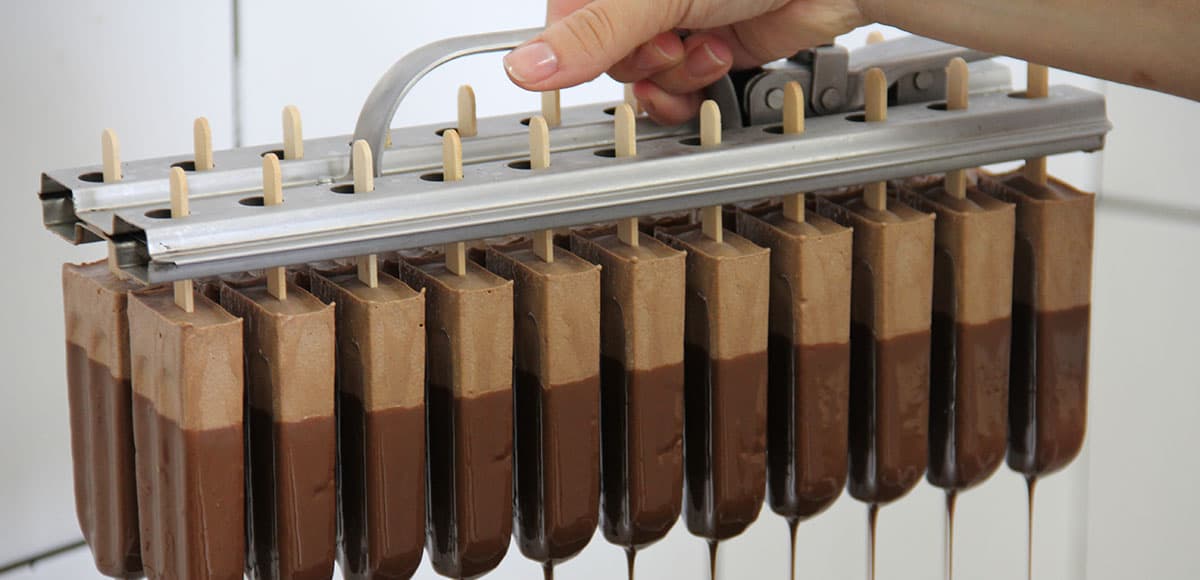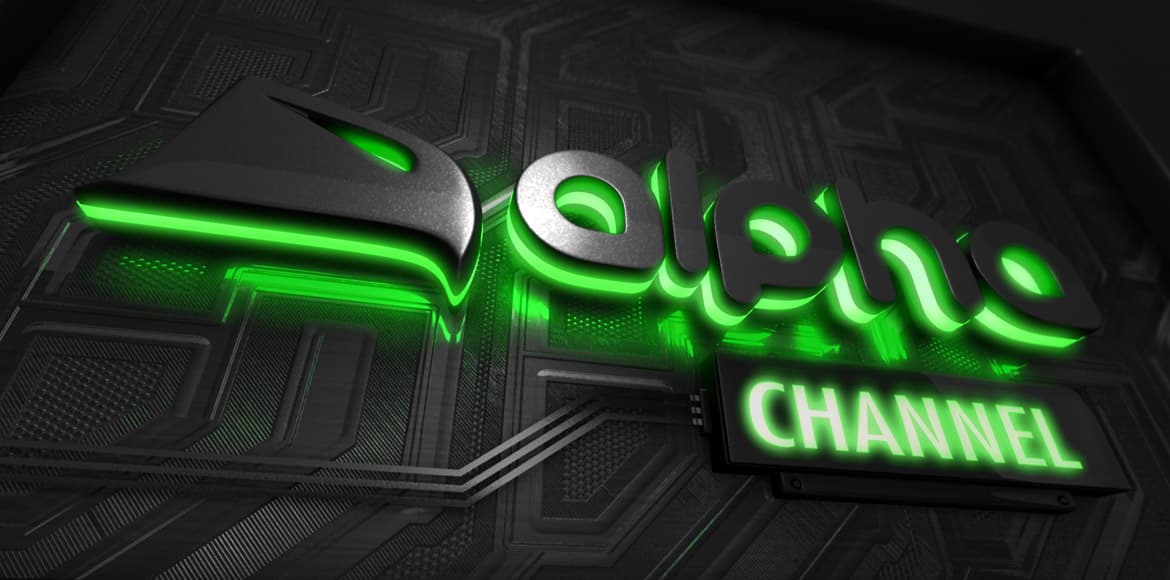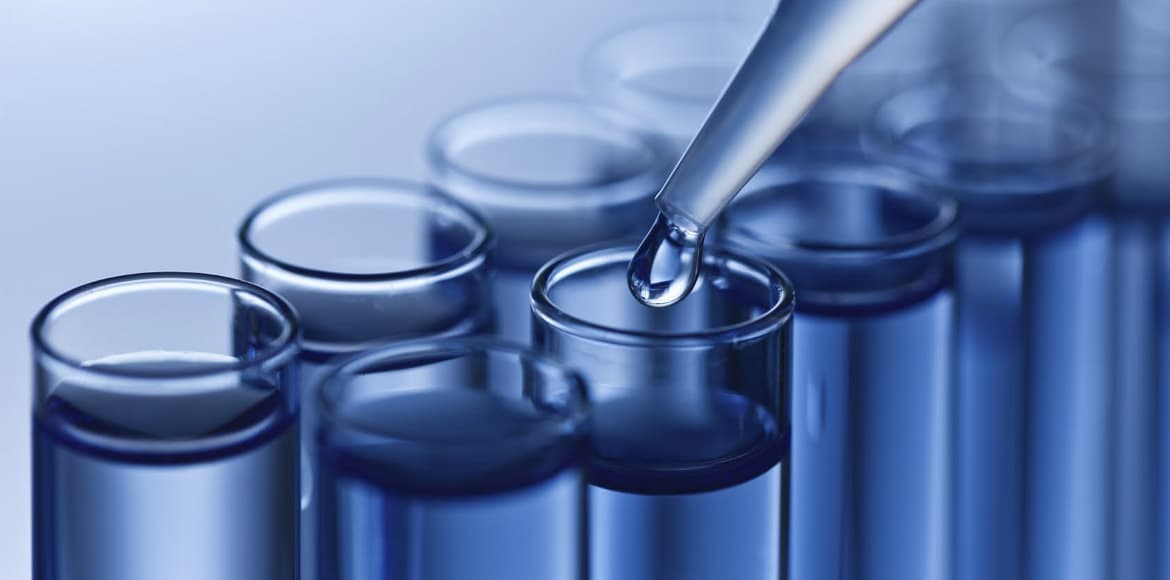


One of the things that we our proud of is our continued efforts to bridge the gap between applied and pure research. We understand that true innovation can only come about when these two kinds of research work together in a harmonious effort to solve modern day issues. With that in mind, we are constantly trying to find ways to build relationships and establish lines of communication between professors and professional researchers.
Finamac™ maintains partnerships with the top schools that develop researchers in fields that relate to our products.
In Brazil, we keep the contact with FEA-UNICAMP, FEQ-UNICAMP, POLI-USP, FAU-USP, and ITA. They are considered to be among the best Academic Institutions. Outside of Brazil, we are looking to take advantage of our new branch in Miami by making new partnerships in the global academic community.
The scarcity of laborers in this field impelled us to invest in new courses about the CAD 3D software within our own company. That investment was the seed that led to us founding Brazil's first ever Computer Graphic Technical School in 2002.
This school was approved by the Brazilian Ministry of Education as a Faculty of Technology and attracted the attention of larger educational groups, culminating that one of them acquired it in 2016. Finamac™ fulfilled an important mission by forming many students during more than a decade in which it maintained the institution.
In 2001, we signed a contract with The Casemiro Montenegro Filho Foundation to create the first Computer Graphic School in Brazil.
Through it, we provide support for teachers in the Department of Computer Science of the Aeronautical Institute of Technology.
The Foundation for Research Support of São Paulo was the first to receive our proposals for innovative equipment, for which we anticipate a partnership of more than 10 years. Four very important projects are currently being considered that could revolutionize the ice cream machines market.
We believe that various types of foundations, particularly those linked to universities that are focused on research, should be part of our evolutionary journey.
The equipment industry for ice cream and chocolate is a very specific niche within the food business. The number of companies worldwide that have some structure can be counted on two hands. Most of them operate at around 30 to 50 employees.
For this reason, the technical information found in books only refers to the principles of operation, and the actual know-how is kept secret within these small businesses.
Specifics of the ice cream business are rarely covered in universities, where the majority of time is spent on broader topics. The current accumulation of knowledge in this area is confined to a dozen engineers and technicians.
The researchers that we work follow the same principle. They are experts in their fields of study, and very rarely have any experience with ice cream machines.
For food development, we get in touch with academics to help formulate new ice cream, new compounds, new freezing processes, etc. Sometimes, with cooling processes for example, we bring in researchers to help us adapt and improve upon the already accepted commercial knowledge.
When it comes to researching materials, our partners have demonstrated incredible dedication and patience, consistently overcoming the difficulty of obtaining specific materials in small quantities.
Other areas also require the same kind of trans and multidisciplinary projects. As a result, our internal team absorbs a lot of knowledge from external researchers and applies it within the company. As a rule, external researchers are not allowed to conduct tests on our complete equipment.